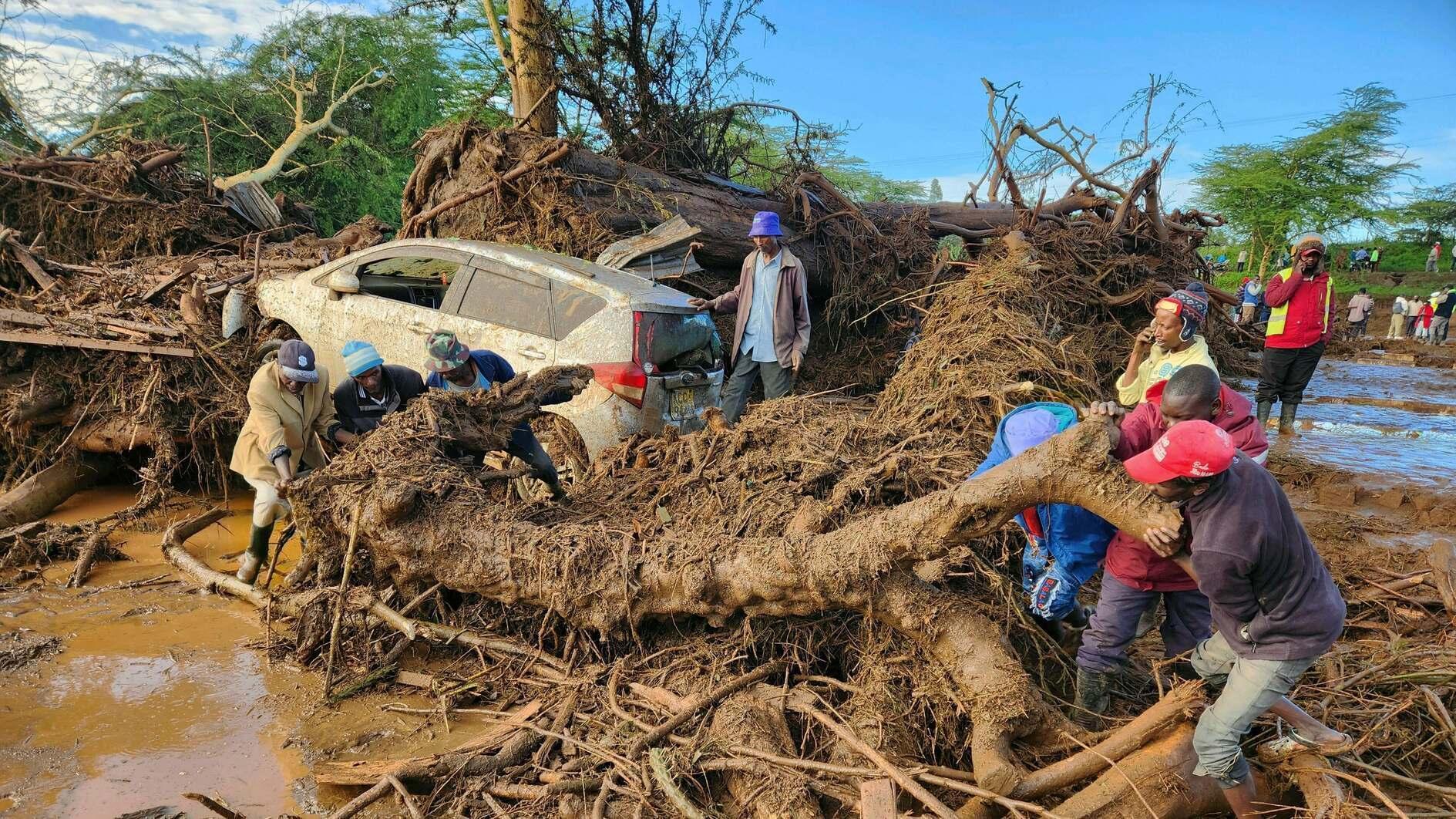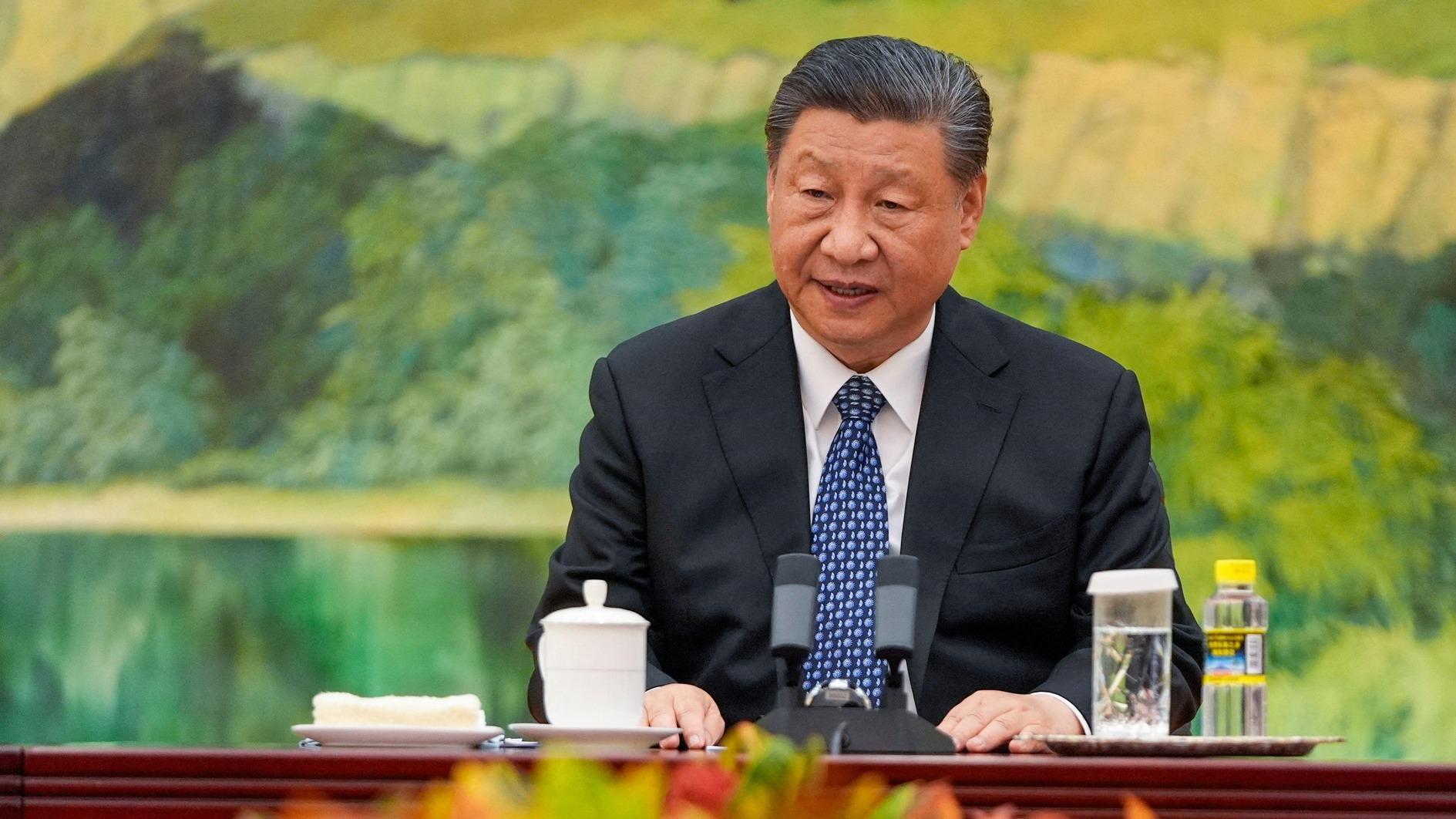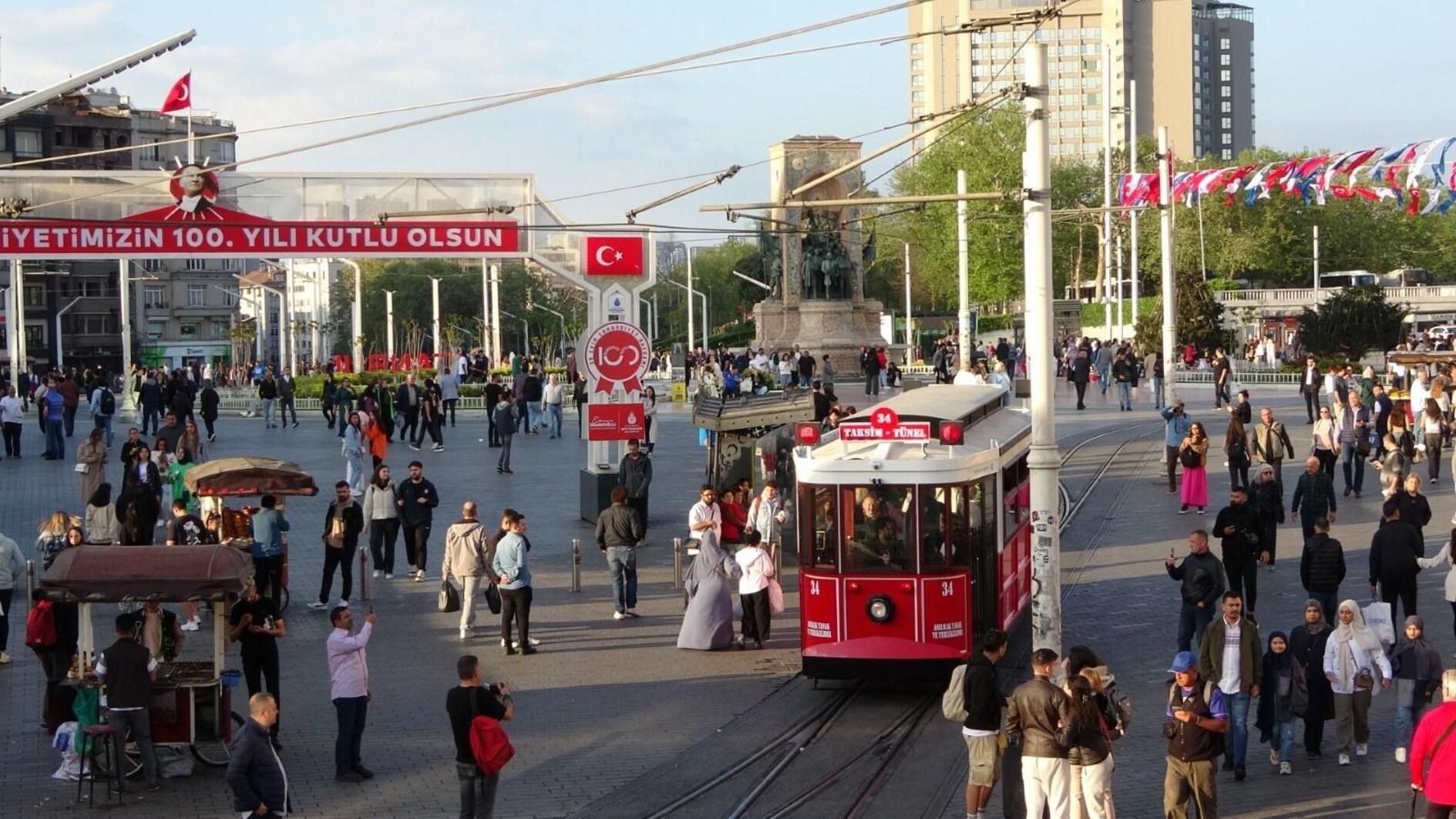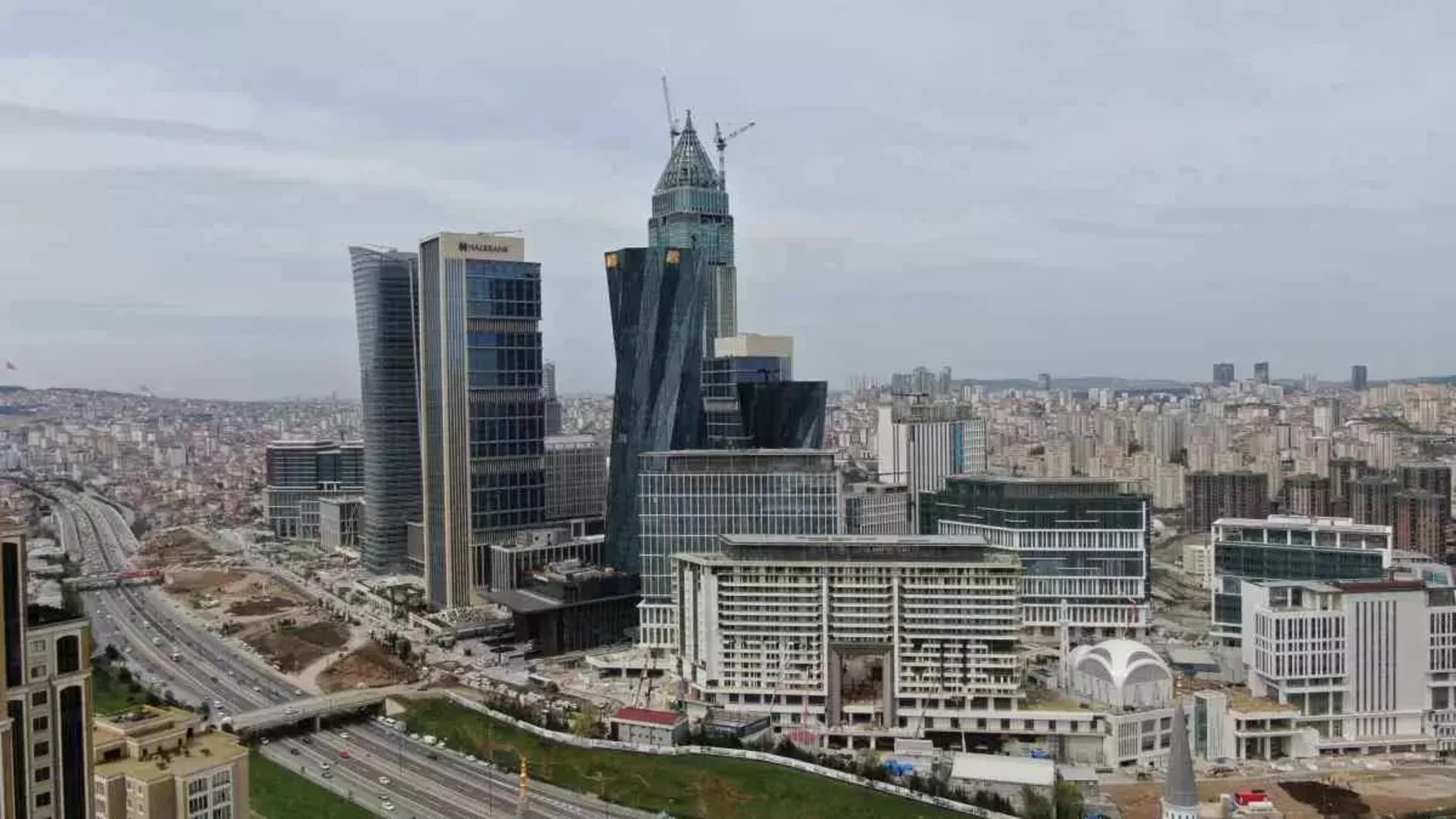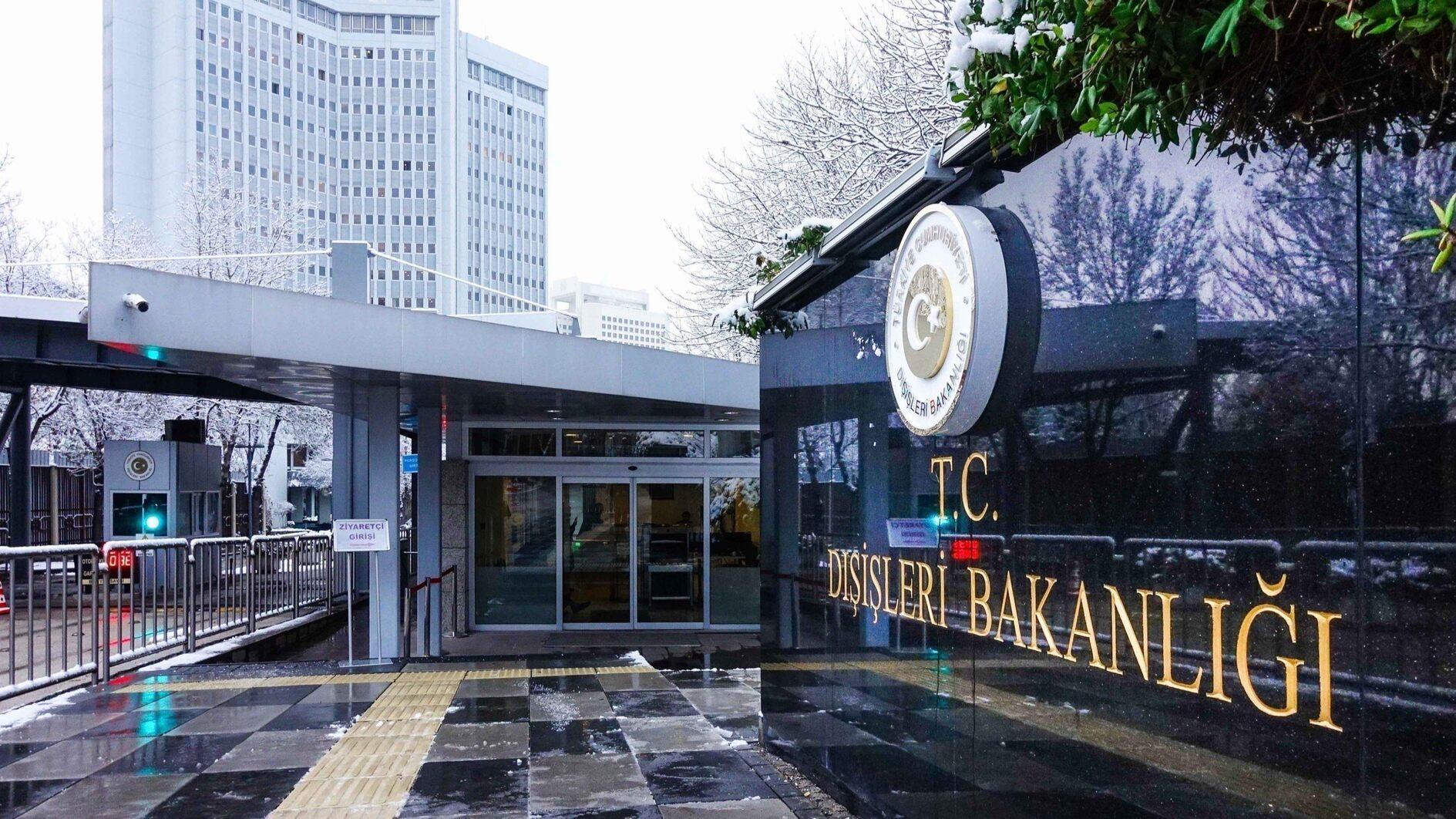No safe-zone discussed during Dempsey’s visit
ANKARA
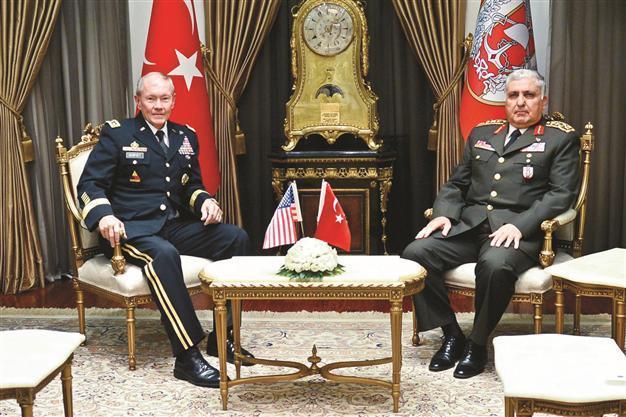
US Army Gen. Martin E. Dempsey, chairman of the Joint Chiefs of Staff, aand his Turkish counterpart Gen. Necdet Özel stop for a photo before a meeting at the Ministry of Defense in Ankara, Turkey Sept 17, 2012. DOD photo by D. Myles Cullen
A humanitarian safe zone inside Syria was not on the agenda of the top U.S. general’s Sept. 17 talks with Turkish officials, although it was noted in a Turkish presentation, according to his staff.Chairman of the U.S. Joint Chiefs of Staff Gen. Martin Dempsey held separate talks in Ankara with Chief of General Staff Gen. Necdet Özel, Defense Minister İsmet Yılmaz and the Foreign Ministry undersecretary, Ambassador Feridun Sinirlioğlu Sept. 17.
The issue of a humanitarian safe zone did not come up specifically, according to Col. David Lapan, chief spokesman for Dempsey, Foreign Policy magazine’s “Situation Report” reported Sept. 18, noting that Lapan’s response was received while he was still in Turkey. Dempsey and the accompanying delegation left Ankara on Sept. 18.
“The issue of a humanitarian zone inside Syria wasn’t raised in any of Gen. Dempsey’s meetings in Ankara,” Lapan told Situation Report. He said the safe-zone option appeared on a PowerPoint slide during one briefing but there was no discussion of it.
“There was a general discussion of cooperative planning on humanitarian issues, on [chemical and biological weapons] and on air defense,” Lapan wrote from Turkey. “There was extensive discussion on sharing lessons learned about intelligence and operations fusion related to their fight against the PKK [the outlawed Kurdistan Workers’ Party].”
Turkey has repeatedly complained that it is not receiving enough international assistance for the Syrian refugees and has pushed for the creation of a foreign-protected “safe zone” inside Syria to try to help civilians on the other side of the border. The plan met with little enthusiasm from world powers at a U.N. Security Council meeting in late August.
Ankara will promote the idea again at the U.N. General Assembly later this month but opposition from veto-wielding Russia and China means there is little chance of securing a Security Council mandate for such action, which would require no-fly zones patrolled by foreign aircraft to be credible.
Concerning the same issue, in remarks posted on the official website of the Defense Department, Lapan said Dempsey and his staff received a briefing on regional issues, including Syria, while they were at the General Staff headquarters.
“It started with a briefing and evolved into a discussion. The discussion on Syria started with refugees, moved to proliferation and then to missile defense. The Turks see the war in Syria very much as we do,” Lapan said.
The Turks gave a masterful presentation on regional issues, Lapan said, starting with the Arab Spring, moving to Syria, Iraq and other threats such as the PKK. Turkey also conveyed its worry about Iranian influence in Syria and the region, according to the Defense Department.
The PKK was a big part of the discussion, Lapan said, noting that the United States shares intelligence with Turkey about the terrorist threat.


